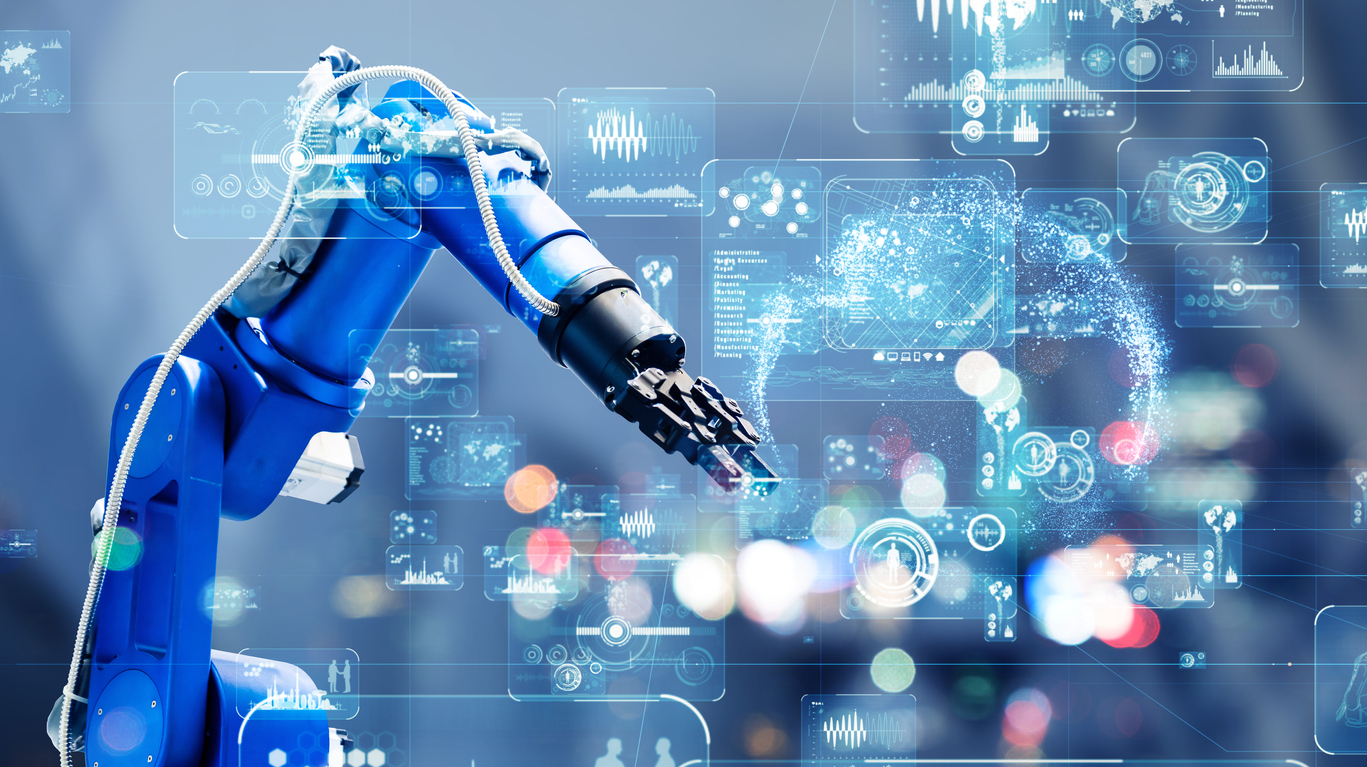In today’s rapidly evolving industrial landscape, maintaining high standards of product quality is crucial. The integration of Industrial AI for Quality is transforming the way industries approach quality assurance, making processes more efficient and reliable. This article delves into how Industrial AI is reshaping quality management, offering insights into its applications and benefits.

Understanding Industrial AI
Industrial AI refers to the use of artificial intelligence technologies to enhance industrial processes. It encompasses a wide range of applications, from predictive maintenance to quality control, aiming to optimize operations and reduce human error.
The Role of AI in Quality Assurance
Quality assurance is a critical component of manufacturing. By leveraging AI technologies, companies can ensure consistent product quality while minimizing defects. AI-driven systems analyze data in real-time, identifying potential issues before they escalate, thus saving both time and resources.
Real-Time Monitoring
One of the significant advantages of AI is its ability to monitor processes in real-time. This capability allows for immediate detection of anomalies, enabling swift corrective actions. For more on this, visit Defect Detection.
Predictive Analytics
Predictive analytics is a game-changer in quality management. By analyzing historical data, AI systems can forecast potential defects, allowing companies to address them proactively.
Applications of Industrial AI for Quality
The applications of Industrial AI in quality assurance are vast. From automated inspections to advanced data analysis, AI-driven solutions are enhancing quality across various sectors.
Automated Inspections
Traditional inspection methods are often time-consuming and prone to human error. Automated AI inspections streamline the process, ensuring accuracy and efficiency. Learn more at Software Audit with AI.
Data-Driven Decision Making
Data is at the heart of quality assurance. AI systems analyze vast amounts of data to provide actionable insights, helping companies make informed decisions.
Benefits of Implementing Industrial AI
The benefits of integrating Industrial AI into quality assurance processes are numerous. From cost savings to improved product quality, AI-driven solutions offer a competitive edge.
Cost Efficiency
By reducing waste and minimizing defects, AI systems contribute to significant cost savings. These systems optimize resource allocation, ensuring efficient production.
Enhanced Product Quality
With AI, companies can achieve higher product quality standards. The ability to detect and correct defects in real-time ensures superior products reach the market. For insights, check out Continuous Feedback with AI.
Challenges and Considerations
While the benefits of Industrial AI are clear, there are challenges to consider. Companies must address potential obstacles to ensure successful implementation.
Data Privacy Concerns
As AI systems rely on data, privacy concerns arise. Companies must ensure data protection and compliance with regulations.
Integration Complexity
Integrating AI into existing processes can be complex. Companies need to plan carefully to avoid disruptions and ensure smooth transitions. For guidance, visit AI Implementation in Manufacturing.
The Future of Industrial AI in Quality Management
The future of Industrial AI in quality management is promising. As technologies evolve, AI-driven solutions will become more sophisticated, offering even greater benefits.
Advanced Machine Learning
The integration of machine learning will further enhance AI capabilities, enabling more precise quality control and predictive analytics.
IoT and AI Synergy
The combination of IoT and AI will revolutionize quality management. Connected devices will provide real-time data, enhancing AI-driven decision-making.
Conclusion
In conclusion, Industrial AI for Quality is transforming the manufacturing sector. By leveraging AI technologies, companies can enhance product quality, reduce costs, and gain a competitive advantage. As industries continue to embrace AI, the future of quality management looks bright.

Frequently Asked Questions
What is Industrial AI?
Industrial AI refers to the application of artificial intelligence technologies in industrial settings to optimize processes, enhance efficiency, and improve product quality.
How does AI improve quality assurance?
AI improves quality assurance by providing real-time monitoring, predictive analytics, and automated inspections, ensuring consistent product quality and minimizing defects.
What are the challenges of implementing Industrial AI?
Challenges include data privacy concerns and the complexity of integrating AI into existing processes. Companies must address these to ensure successful implementation.
This article contains affiliate links. We may earn a commission at no extra cost to you.

